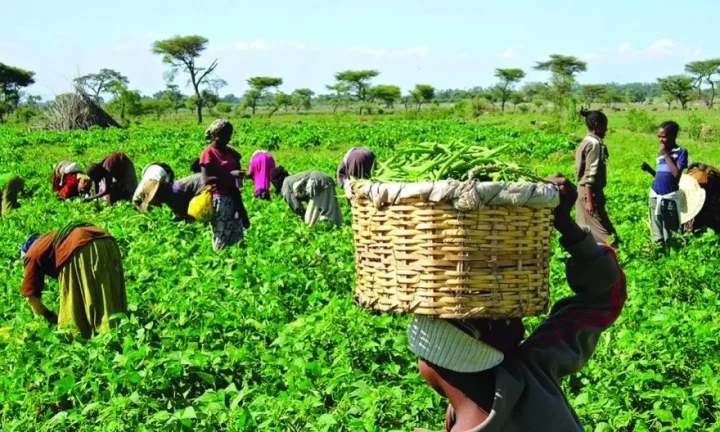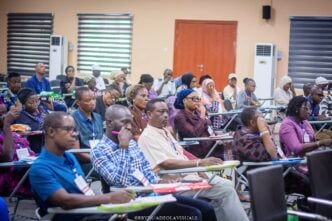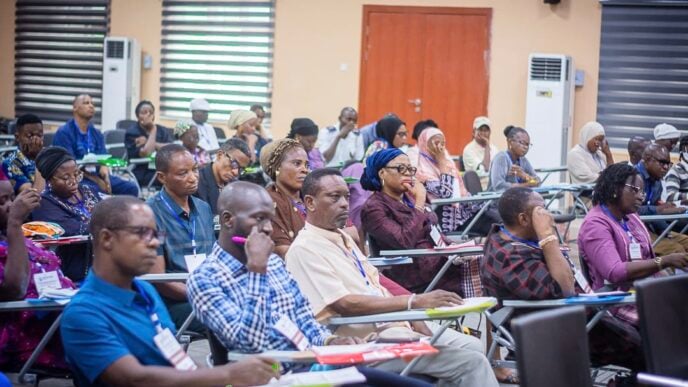The Nigerian National Petroleum Company (NNPC) Foundation says it is dedicated to promoting food security across the country.
Emmanuella Arukwe, managing director of NNPC Foundation, pledged while addressing participants during a training session for vulnerable farmers in Uyo, Akwa Ibom state, on Wednesday.
As the corporate social responsibility arm of NNPC Ltd, she said the foundation focuses on delivering impactful programmes that align with national priorities.
“This initiative is part of our broader efforts to support the Federal Government’s agricultural transformation agenda, which seeks to enhance food security, increase productivity, and improve the livelihoods of smallholder farmers across Nigeria,” Arukwe said.
Advertisement
“As we gather here today, we must acknowledge the pressing reality of food insecurity in Nigeria. According to the Cadre Harmonisé Report (March 2024), an estimated 31.5 million Nigerians across the six geopolitical zones are currently facing food insecurity.”
She said the figures emphasise the urgent need for sustainable agricultural measures that boost productivity while addressing challenges such as climate change, supply chain disruptions, and economic instability.
“At NNPC Ltd, we recognise that agriculture remains the primary livelihood for over 70% of Nigeria’s population (National Bureau of Statistics, 2024),” Arukwe said.
Advertisement
“Yet, many farmers remain trapped in subsistence-level production due to limited access to modern techniques, quality inputs, and competitive markets. This training is designed to change that narrative.
“Through this initiative, we will train 6,000 vulnerable farmers across the six geopolitical zones of Nigeria in modern, climate-resilient farming techniques, soil and water management, organic fertilisation, and post-harvest loss reduction strategies.”
She explained that the programme aims to equip participants with the tools, knowledge, and resources necessary to move from subsistence farming to commercial-scale production.
“The NNPC Foundation is launching the programme in two phases across the geopolitical zones as follows: Phase One: South East, South South, and South West Phase Two: North Central, North West, and North East,” Arukwe said.
Advertisement
“These phases align with regional agricultural cycles, ensuring that farmers receive training at the most impactful time.
“I am pleased to report that the training recorded a huge turnout in the South East, where 1,890 vulnerable farmers were successfully trained, far exceeding the planned 1,000 participants.”
She said the training featured hands-on breakout sessions where participants could express themselves freely in their native dialects.
Arukwe added that feedback from participants indicated that the training was both beneficial and empowering.
Advertisement











